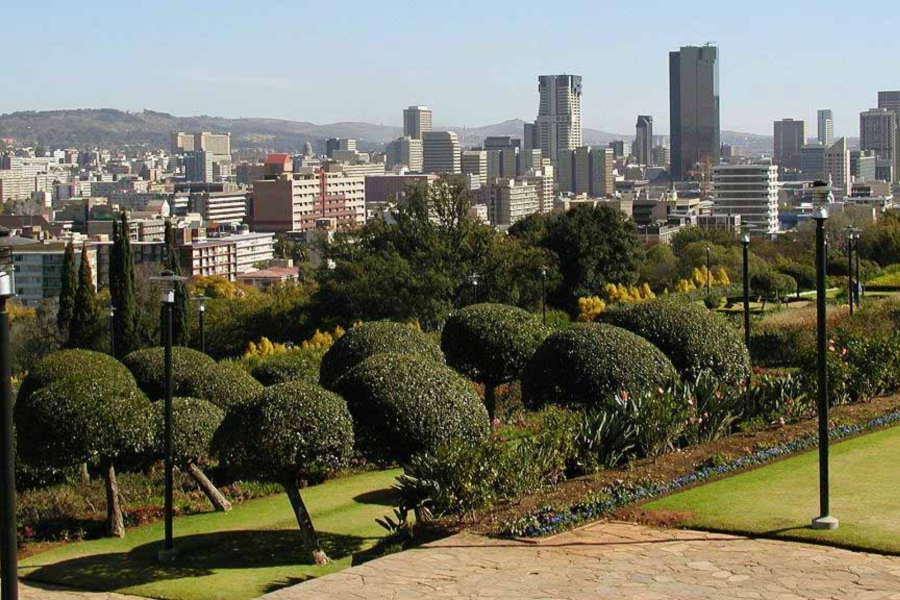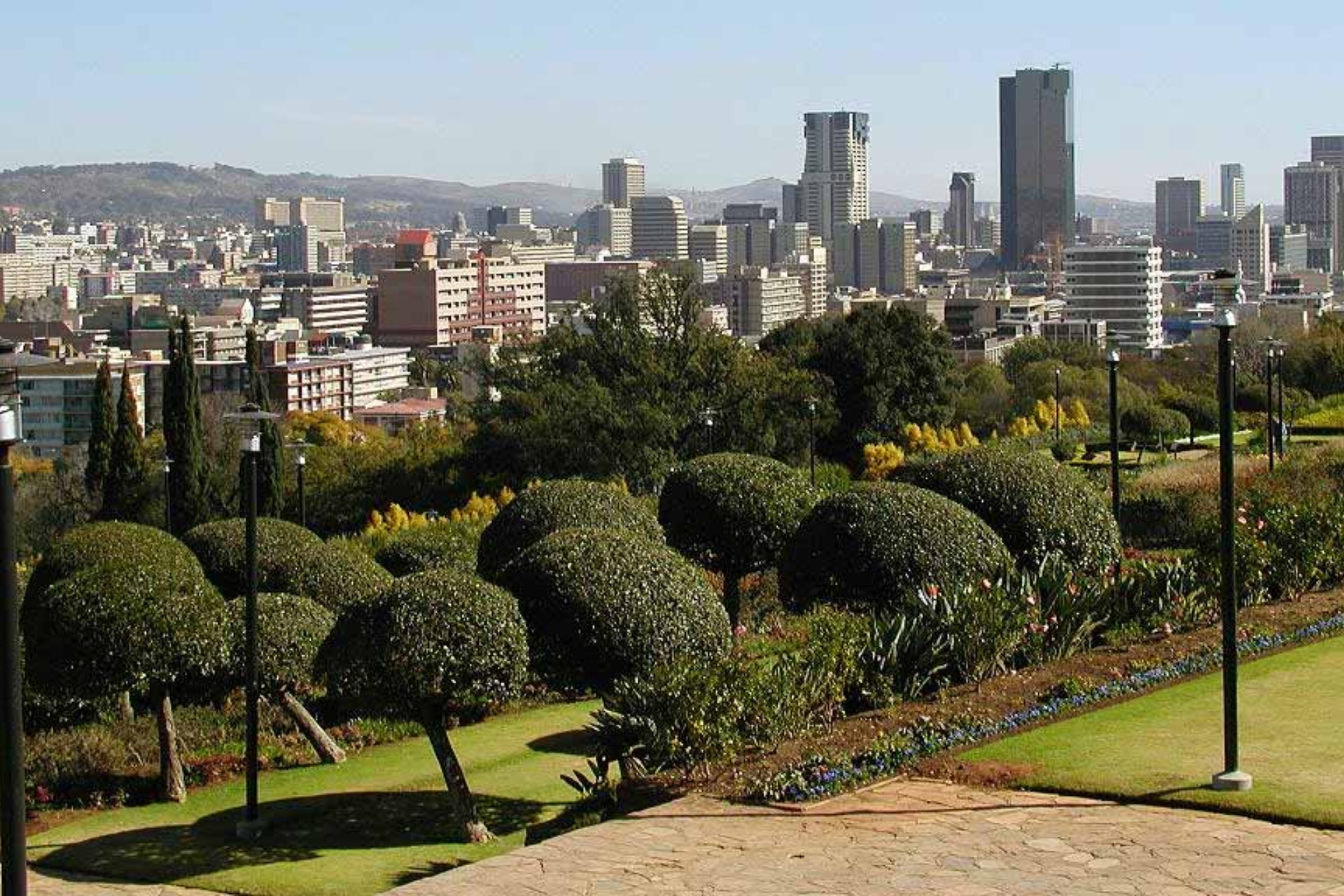
How Tshwane plans to tackle hijacked buildings
The City of Tshwane has approved a plan to tackle illegally-occupied buildings in the metropole, following the mass tragedy in Joburg.

The plan, announced at Thursday’s City council meeting in Tshwane, includes providing affordable housing to residents and students (and housing that is also well located.)
This tough stance against highjacked buildings follows the Usindiso building fire tragedy in Johannesburg, which killed 77 people.
ALSO READ: Joburg CBD fire already deadlier than Grenfell Tower tragedy
According to the Gauteng Health department, 12 of those killed were children.
ALSO READ: South Africa’s genocide case against Israel finds global support
HOW BUILDING HIJACKERS OPERATE
Residential buildings that are not well managed or maintained are easy targets for building hijackers, who use intimidation and force to take control.
Before moving in these hijackers will generally suss out the operations of the buildings, find out who is in charge and may even apply for leases to gain access.
ALSO READ: Ramaphosa visits scene of Johannesburg fire tragedy [Video]
Once in they are known to stop paying for services, and allow the buildings to decay.
The people who live inside Johannesburg’s hijacked buildings are not squatters, but are charged rent every month by those they initially believed to be the building owners or managers, but who are in fact hijackers.
ALSO READ: Timeline: Boksburg’s tragic run of fate
Moreover, the Johannesburg tragedy highlighted the broader issue of social inequality and housing disparities in the CBD, as many residents are from marginalised communities.
BRINGING CROOKS TO BOOK IN TSHWANE
MMC for Corporate and Shared Services in Tshwane, Kingsley Wakelin, said the plan for Tshwane is based on lessons learnt from Johannesburg, where there has been a marked decline in the CBD.
“Negligent property owners, slumlords, and building hijacking syndicates have taken advantage of people who are desperate for affordable and well-located accommodation, leading to the illegal occupation of buildings that leads to urban decay and poses a direct threat to human lives,” said Wakelin.
ALSO READ: Gauteng earthquake: Can we blame it on mining?
He says council has approved a building programme which aims to drive inner-city regeneration.
“The City of Tshwane will be taking a proactive approach to tackle derelict buildings, either by forcing the sale of the property through the courts or by legal expropriation.”
“Any building hijacking syndicates or criminals will be identified, removed and prosecuted to the full extent of the law,” he added.
